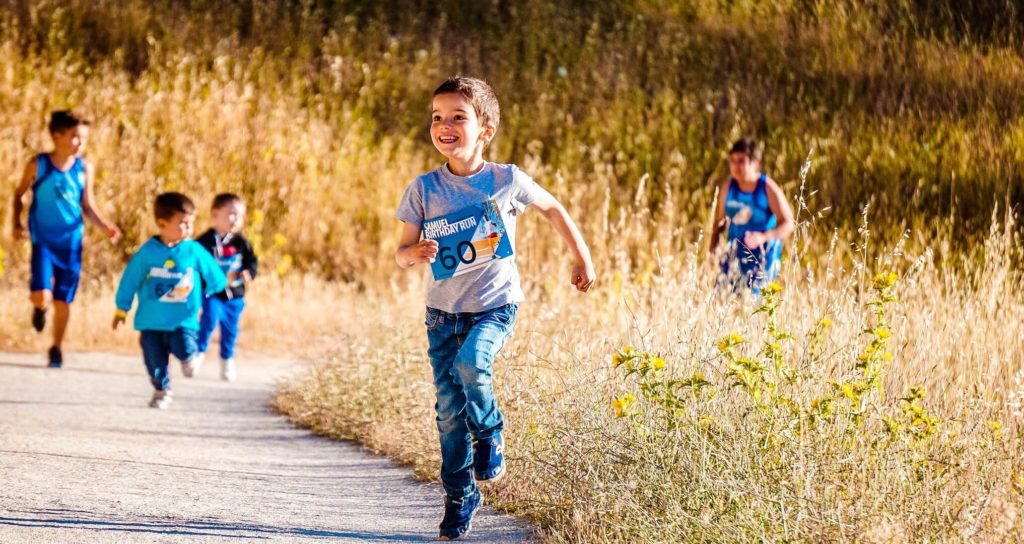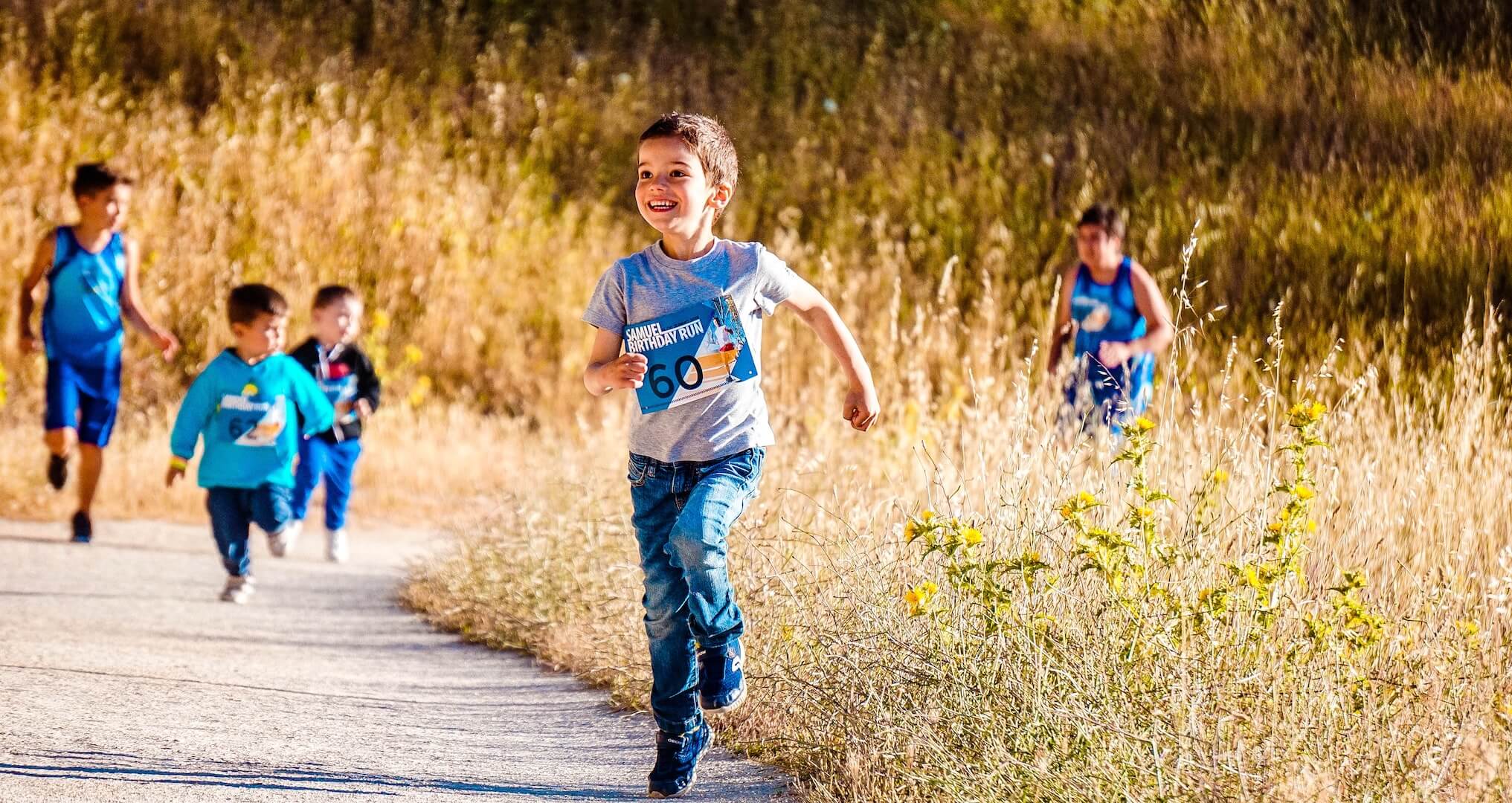The goal of the research was to see how the ‘Daily Mile,’ a school-based daily exercise wherein students jog or walk at their chosen pace around the playgrounds or sporting field, affected their memory & recollection.
After activity and sleep, students ages nine to eleven completed a range of mental functioning tests. According to a study conducted by scientists, primary school students who are fitter as judged by how far they raced on a physical test faster reaction rates in activities than individuals who did never go as far.
Increase In Physical Activity May Help Children’s Cognitive Abilities
This is the age when physical activities are much limited due to a number of easy-to-use tools in different domains of life. Most kids prefer to have video games and online games that restrict their physical movement, and their growth is affected over a period. Experts have focused on this issue and carried out a study where it is indicated that a little increase in the physical activity of a kid can help him get a huge improvement in overall cognitive abilities.

Although exercising did not increase intelligence generally, the scientists discovered that thinking collection of cognitive abilities that encompasses recollection performance, mental flexibility, and self-control tended to enhance just after exercising. Students completed the mental tests soon following the activity & 45 min later. Furthermore, the fittest students outperformed their peers in terms of intelligence, finishing exercises 5-10 percent sooner and with the same accuracy.
Dr. Simon Cooper, Associate Professor in Exercise, Cognition, said, “A consistent finding of our work was that the children who were able to run the furthest during the multi-stage fitness test displayed superior cognition to their counterparts.”
Adolescence is a crucial and vulnerable time for brain growth. The association between athletics and cognitive processes in youngsters has received little attention in the literature. We provide research that shows the impact of physical exercise on wellness, particularly a link between athletics and mental processes. With athletics and children, the domains of focus, reasoning, communication, memory, and recall are studied.
“Our work shows the importance of regular opportunities for physical activity in schools, not just for health and wellbeing but also cognition and academic achievement.”
The research also looked into child’s pleasure of a Daily Mile, noting that they prefer the action’s self-paced aspect, the social side, and the reality that it took place outside.
“The study also showed some really important evidence that young people enjoy taking part in the Daily Mile and enjoy the fact that they can exercise at their own pace and with friends. This suggests that The Daily Mile could be an effective and sustainable way to increase physical activity, and subsequently fitness, in children.”
Dr. Joseph Lovett, the Research Coordinator for The Daily Mile, said that “this study helps confirm what we experience first-hand that children enjoy participating in The Daily Mile outside with their peers.”
“The indication that fitter children demonstrate superior cognition is extremely encouraging. One of the core aims of the foundation is to give children the opportunity to enjoy regular physical activity to help improve fitness. The knowledge that improved fitness can improve cognitive ability is a hugely important message for us.”
The findings imply that participating in athletics during later childhood positively impacts cognition and psychological functioning.
Few studies look at the effects of athletics on pre-adolescents ‘ mental skills or research what different activities enhanced brain abilities. This information could be beneficial in establishing pre-adolescent exercise programs aiming at increasing mental skills and guiding academics & clinicians on the vast spectrum of advantages that come with regular exercise.
